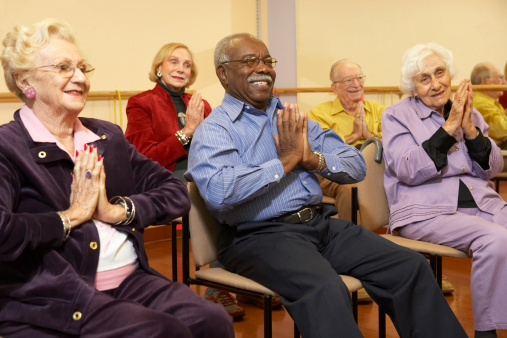
Money set aside in California’s newly approved budget for the Adult Day Health Care program provides little to no assurance that the program will continue to exist.
The existing program will still be eliminated later this summer, and a new program that is supposed to replace it faces an uncertain fate.
“We are relieved that the budget includes $85 million for those served in Adult Day Health Care, but the Governor’s budget language on how the funds are to be used is ambiguous,” said Lydia Missaelides, Executive Director of the California Association for Adult Day Services.
This past March, legislators passed a bill requiring the state to implement the Keeping Adults Free from Institutions program, which would replace the existing ADHC program at exactly half the cost.
After resisting at first, Gov. Jerry Brown has approved the amount the Legislature set aside to create the new program. But the final budget language does not include plans to use the funds for that purpose.
Instead, the budget summary states that the $85 million was allocated to provide funding to transition current program recipients into alternative services.
Brown vetoed the provision of the budget that would provide a set amount of state funds for an ongoing ADHC replacement program such as KAFI, a financial commitment that would be imperative to the state’s ability to negotiate an agreement with federal officials to help fund the program.
“I am deleting (the provision) because it requires a specified spending level for the program that does not consider other services available to these individuals that preserve their ability to remain in the community,” said Governor Brown in a veto message.
Since the budget also confirms the closure of the existing ADHC program, adult day services will end should the state fail to find some alternative funding source for the KAFI program.
“There has to be the compassion to continue to serve these people who are very, very sick and who have relied on this service for many years,” said Marie Torres, an ADHC advocate and Vice President of Altamed, an ADHC center in Los Angeles.
Currently, there are over 300 ADHC centers that rely on Medi-Cal reimbursement funds from the State to serve 37,000 elderly Californians. That number has steadily dwindled, as ADHC centers from Los Angeles to Sacramento County have had to shut their doors due to budget cuts.





